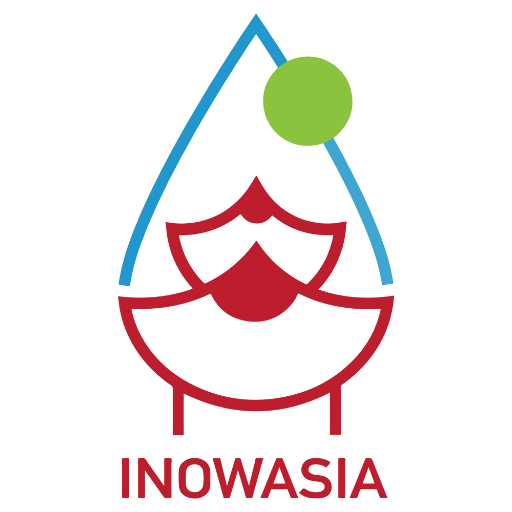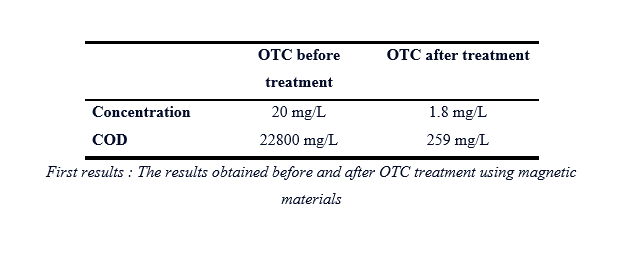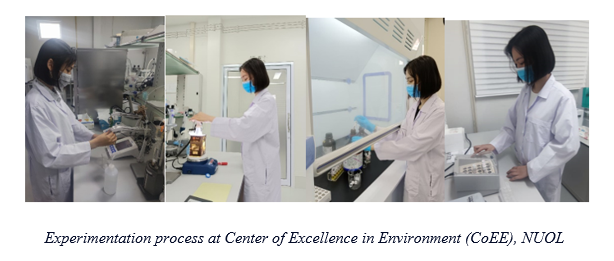

INOWASIA internship student from HUS-VNU (Hanoi, Vietnam) at NUOL (Lao PDR) for antibiotics decomposition by magnetic nanomaterials
Water resources are dwindling, the availability and supply of clean water is a global concern. Advanced oxidation processes (AOPs) using advanced materials possess immense prospect in water and wastewater treatment. During the internship within Center of Excellence in Environment (CoEE) of NUOL for 3 months where I will use the magnetic nanomaterials to decompose antibiotics (Oxytetracycline - OTC) in water.
During 3 months I will focus on:
- Test the impact of different parameters on OTC treatment efficiency such as treatment time, pH of the solution, dosage of the nanomaterials and rability, chemical oxidation demand (COD).
- Research on mechanism and kinetics of the degradation processes.
- Process application for real wastewater treatment
The initial results obtained are as follows:
Effect of pH
The effect of initial pH was one of the most significant factors which influence the photocatalytic degradation of wastewater, as it affects the charge on the catalyst particles, thus affecting the adsorption of pollutants that happens at the surface of photocatalysts. The effect of pH on antibiotics degradation was examined by varying pH values between 3 and 11 using the HI5522 meter, Hanna. The performance of the process was studied by measuring the remaining antibiotic concentration in the solution, using a Lovibond XD7000 UV-Vis Spectrophotometer.
Chemical oxygen demand (COD)
The removal of COD is an important indicator for evaluating the mineralization degree of the system. Antibiotics before and after being treated by photocatalytic system were measured for COD, using RD125 meter, Lovibond. After 120 min irradiation, the calculated COD removal efficiency is 98% under visible light irradiation by the magnetic nanomaterials.
In the process, I have learned how to calibrate the meter and prepare solutions of definite pH and concentration.

Future plans:
- Continue to study the optimal conditions.
- Identification of intermediates to elucidate the mechanism of OTC degradation using LC-MS meter.
- Application with real wastewater.

For more info, click here.
INOWASIA is an Erasmus + Capacity Building Higher Education project that promotes a joint action of 11 organisations across 5 countries (Cambodia, Laos, Vietnam, France and Spain) to train a new generation of water professionals in Southeast Asia. More info
This project has been funded with support from the European Commission. This publication reflects the views only of the author, and the Commission cannot be held responsible for any use which may be made of the information contained therein.
Project Number: 619225-EPP-1-2020-1-ES-EPPKA2-CBHE-JP
Let's Talk!
All Rights Reserved by INOWASIA 2021

